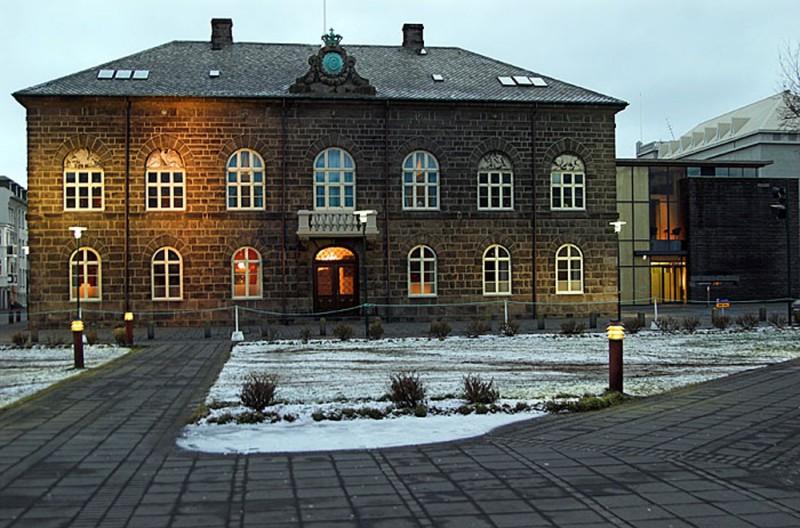Timberlake: Iceland open-sources its constitution for modern adaptation
Opinion: Iceland
August 20, 2012
Iceland leaves no leaf unturned. Iceland rewrites and updates its constitution, open-source, through social media platforms. As your jaw retreats back to its skull, read that again.
This time last year, 25 representative citizens turned in the first draft of a “crowd-sourced” constitution constructed via the Internet that would become the new governing document of the nation. This was as a result of the 2008 economic collapse the nation saw that sent them from towering in as one of the richest nations in the world to less than empty pocketed. It was the greatest collapse any nation has suffered (relative to its size) in economic history.
In 2010, Iceland decided to start “ný,” or fresh, as we might call it. Upon liberation from Denmark in 1944, Iceland adopted its constitution, a near carbon copy. The only practical alteration: The term “king” was changed to “president.” Being progressive, Iceland decided to push the boundary of what the rest of the world might consider acceptable politics. Thus, heralding in a new age of government deliberation.
Opening up to the citizens of Iceland online government forums, Facebook, Twitter, YouTube and other social media platforms, a new constitution was assembled through suggestion and inquisition. Many thousands of people from the small nation contributed, giving their take on exactly what the new constitution would entail. The 25 citizen representatives were to analyze the information and create drafts of the constitution, presenting the drafts live, online. A literal evolution of the document took place, perpetuated by the people.
The result? A perfectly compromised constitution in that it guaranteed freedom and protection of the people, maintained government balance and order and was as close to systemically pleasing as possible.
I am surprised it took me two years to hear about this. I feel like news of this sort is acute to the 21st century and a glimpse to future global government and politics. I recently heard about it because the citizens are making a referendum this October for a number of things: abolishing the state church in favor of separation of church and state, declaring public ownership of natural resources, state provided Internet access, among other things.
What we are seeing is a shift in government policy making, at least with Iceland. With the election looming, U.S. citizens and Iowa State’s students alike would benefit from understanding the fundamental ideology Iceland has created. I am too cynical of our citizens to think open-sourcing our constitution would be remotely helpful, we already have a work of art as a constitution. However, I do suggest we take the idea of open-sourcing and apply it to political discourse and voting. Americans should vote not on the basis of party and/or ideology but on policy best suited for the whole of the nation.
For example, there is a slight yet stark difference between being Republican because you align yourself with the ideologies, and being Republican because it closest fits your own personal ideology. The open-sourced constitution of the Icelandic people removes partisanship association and takes the differing ideologies of each citizen and evolves them into one perfectly compromised set of national law.
You might argue partisan politics is necessary. What if I told you we no longer live in an age where either party is ideal? If the winner of the presidential race always was the most well suited for the nation, then each presidential inauguration would come with a seamless continuation or evolution of the previous president, and we don’t see that. Gridlock in decision making has made it nearly impossible to progress in policy making.
Iceland’s open-sourced constitution brings forth the possibility to have politics (as opposed to just constitutional law) always move the nation in the direction most desirable. There would no longer be a constitution tug-of-war across the aisle and instead self-perpetuating compromise between all citizens of the nation.
Voting for a party comes with a catalog of presuppositions, some of which I might be in favor of and others I might not be in favor of, leaving me with a vote toward the lesser of the two evils.
I say we become an open-source society. Leave the constitution be, but allow the citizens of the United States to debate and “write” future laws into official government practice. Not simply voting but actual law writing, without the need to lobby and/or strongarm. Oxford psychologist, Susan Blackmore, has said we are no longer gene machines, but in fact “meme-machines.” Just as in genetics, the most adaptive society is the most successful society; we need to become as transparent as possible, citizen-sourced.







